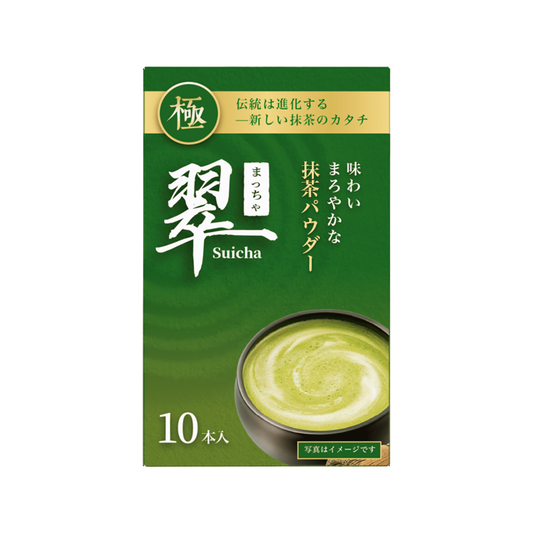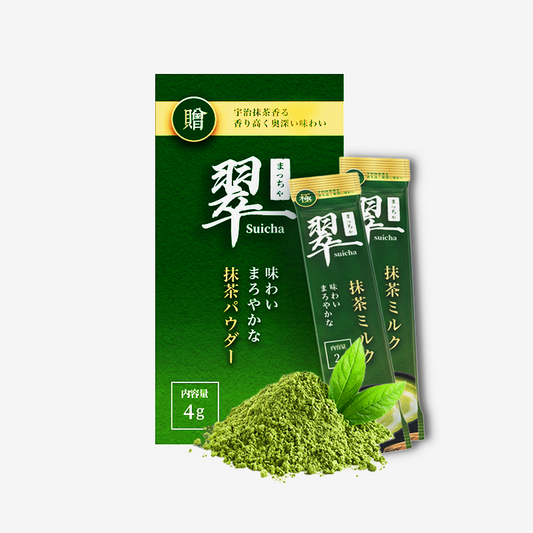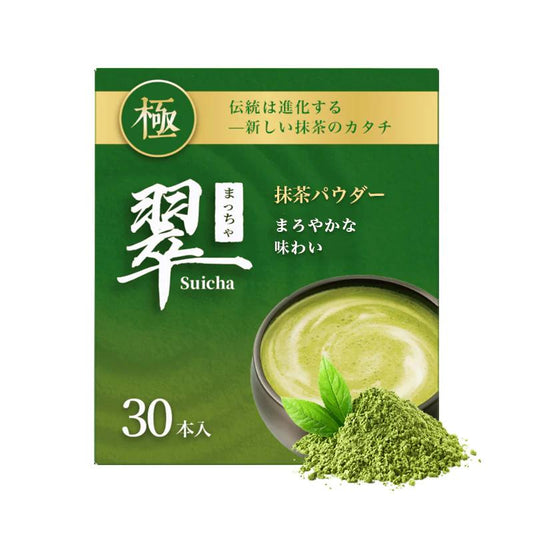Matcha for Weight Loss: Evidence-Based Insights
Matcha, a powdered green tea revered in Japanese culture, has gained global attention for its potential weight loss benefits. While it offers numerous health advantages, its role in shedding pounds requires a nuanced understanding. Here’s a breakdown of how matcha may—or may not—support weight loss, based on current evidence and research.
1. Metabolism Boost via EGCG and Caffeine
Matcha is rich in epigallocatechin gallate (EGCG), a catechin with antioxidant properties linked to increased fat oxidation. Studies suggest EGCG enhances metabolic rate by 4–10%, aiding calorie burn even at rest 48. Additionally, matcha contains caffeine (approximately 35mg per serving), which synergizes with L-theanine to provide sustained energy without jitters, promoting endurance during workouts.
Key Insight: While these compounds may modestly boost metabolism, their effects are not a substitute for exercise or a calorie-controlled diet.
2. Appetite Regulation and Blood Sugar Stability
Matcha’s high fiber content (55g per 100g) promotes satiety, reducing overeating tendencies 2. Its antioxidants also improve insulin sensitivity, stabilizing blood sugar levels and curbing cravings for sugary snacks 47. For example, replacing sugary beverages with unsweetened matcha lattes can save ~200 calories daily, aligning with strategies to reduce empty-calorie intake.
3. Mixed Evidence from Clinical Studies
-
Positive Findings: A Japanese study noted participants consuming matcha lost 3.5kg over 12 weeks, attributed to EGCG’s fat-burning effects.
-
Contradictory Results: Non-Japanese trials found no significant weight loss differences between matcha drinkers and controls, suggesting cultural or genetic factors may influence outcomes.
Takeaway: Matcha’s weight loss efficacy may depend on individual metabolism, diet, and lifestyle.
4. Quality Matters: Choosing the Right Matcha
Low-grade culinary matcha often contains additives, diluting its benefits. SuiCha’s ceremonial-grade matcha, sourced from Uji, Japan, retains higher EGCG and L-theanine levels due to shade-growing and stone-grinding techniques 24. Avoid sugary matcha mixes (e.g., some instant powders contain 377kcal/100g), which negate calorie deficits .
5. Holistic Approach: Beyond Matcha Alone
Matcha is not a magic bullet. Effective weight loss requires:
-
Dietary Balance: Pair matcha with high-fiber foods (e.g., chia seeds) and healthy fats (e.g., avocado) for prolonged satiety .
-
Exercise: Use matcha’s caffeine for pre-workout energy, enhancing fat oxidation during cardio.
-
Mindful Consumption: Avoid excess caffeine intake (limit 2–3 servings/day) to prevent insomnia or digestive issues .
Conclusion: Should You Try Matcha for Weight Loss?
Matcha offers moderate support for weight management through metabolic enhancement and appetite control. However, its benefits are maximized when integrated into a balanced lifestyle. For best results:
-
Opt for high-quality, organic matcha like SuiCha.
-
Replace high-calorie beverages (e.g., sugary coffee drinks) with unsweetened matcha.
-
Combine with exercise and nutrient-dense meals.
While matcha alone won’t melt away pounds, its antioxidant-rich profile and calming energy make it a worthy addition to a health-conscious routine .
🍵 Explore SuiCha’s Ceremonial Matcha – A Catalyst for Mindful Weight Management.






